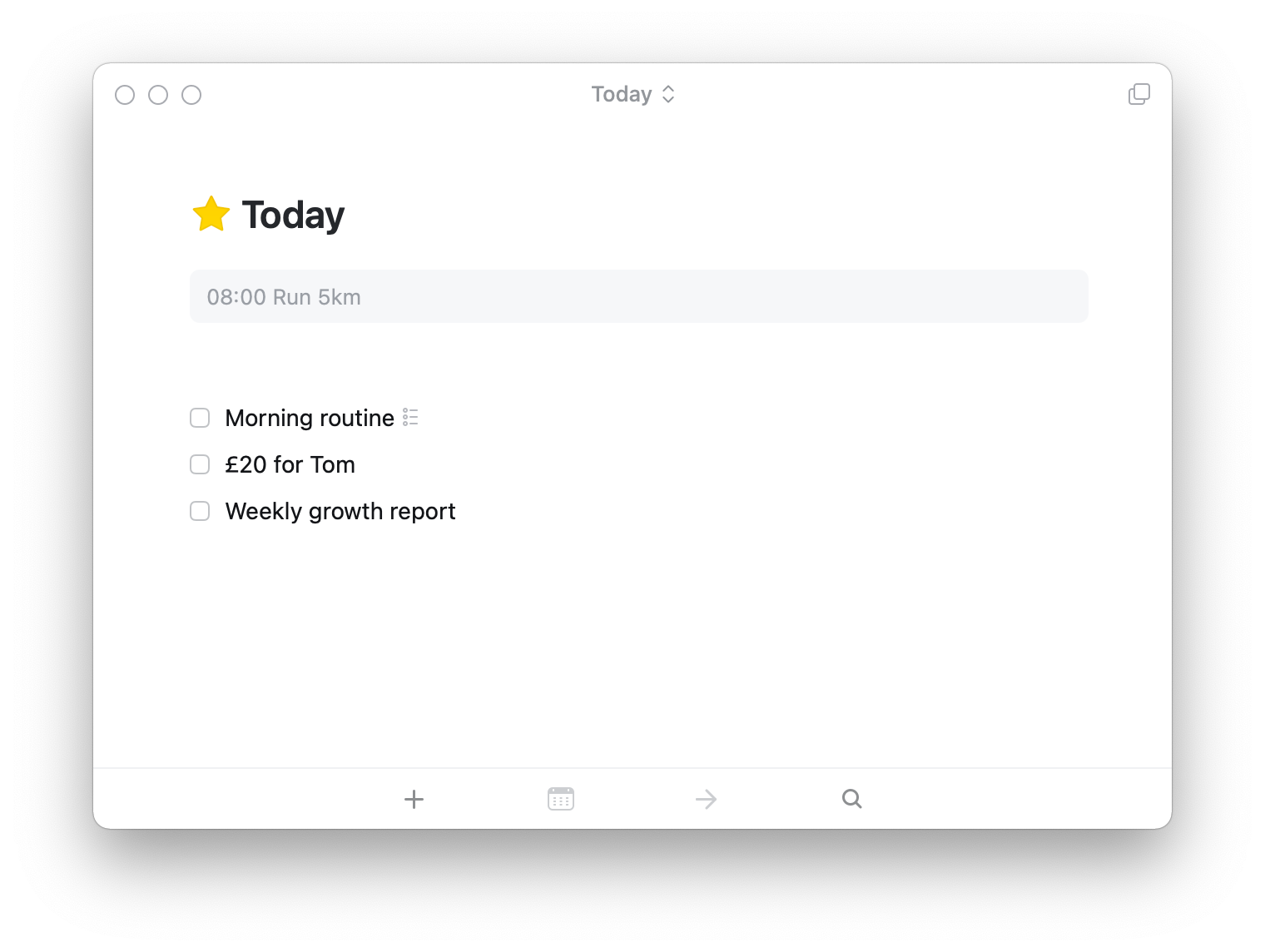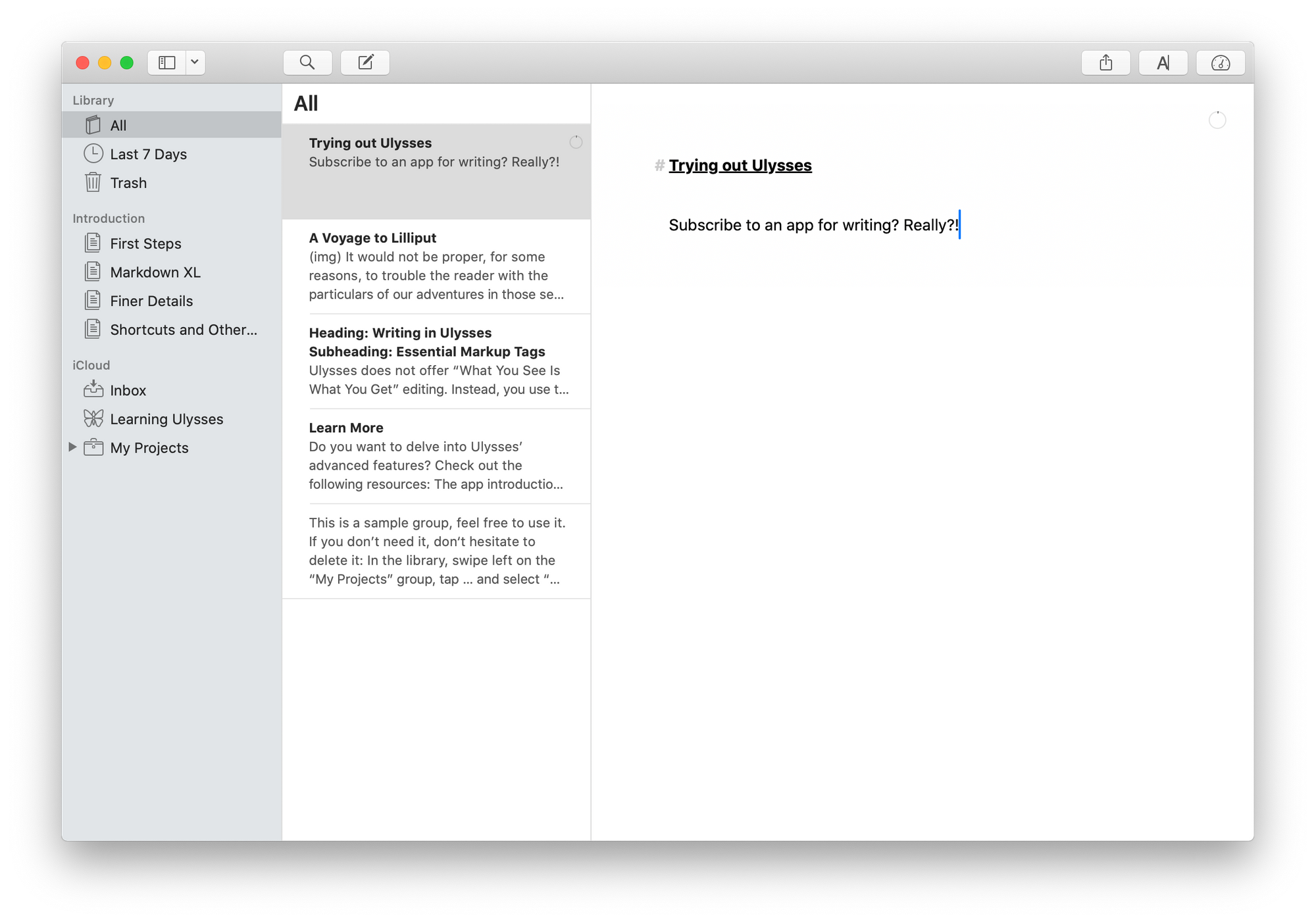Whether you call it journaling or reflection or writing a diary, I think of them in the same way: making time to reflect on your day, and keeping a record of what you did and how you felt.
I’ve been keeping a daily diary for years, and it’s one of the habits I’m most pleased to have maintained.
Journaling for memory
I can point to almost any day in the last few years and learn what I did, how I felt, and understand what was on my mind.
Every now and then, I’ll compare my current day to the same day one or two years ago. I’m frequently amazed at how issues and challenges that seemed insurmountable rapidly fade away into distant memories, or are completely forgotten until purposefully being resurfaced.
It’s a good reminder to keep my current fears in check.
Journaling for self-awareness
Journaling has enabled me to become considerably more self-aware.
I can see patterns of behaviour, consistency in what causes me to have a good or a bad day, and an awareness of what makes me excited or anxious.
I have learned how exercise, diet, and weather affect my mood. I’ve learned how creativity and socialising and alone-time affect me in different, and unexpected ways.
Journaling for thought development
Something I often need to remind myself is that journaling can be an incredible way to process my thoughts.
When I’m overwhelmed or stressed, it can sometimes feel like there is no good path forward. I could become frustrated or waste hours in an unproductive state fretting over my next move.
Journaling can sometimes feel like a cheat code for escaping this sense of overwhelm. If I can detect the feeling then I’ll try to find a quiet moment to write what’s on my mind in my journal.
Sometimes, just writing out all of the things worrying me is an incredible shortcut to clarify what’s bothering me, and can help me prioritise what’s most critical.
If I’m really stressed about a situation, I’ll attempt to answer some templated questions that will pull more thoughts from my mind. Often, framing a difficult decision with the question of “What’s the worst possible outcome?” can be enough to make progress.
Resources for journaling
Apps and resources that have helped me over the years:
- Apple Notes — one of the most underrated apps on the iPhone. I used Notes to maintain a daily journal for over a year. It’s often the fastest way to jot a thought down.
- Apple’s Journal app — for over a year Apple has offered a Journal app, with helpful hints and automatic suggestions. I love that it’s “moment” based rather than day based.
- State of Mind on iOS — at a similar time to rolling out Journal, Apple introduced a method for logging your state of mind to Apple Health. You can set up reminders and a widget on your Lock

